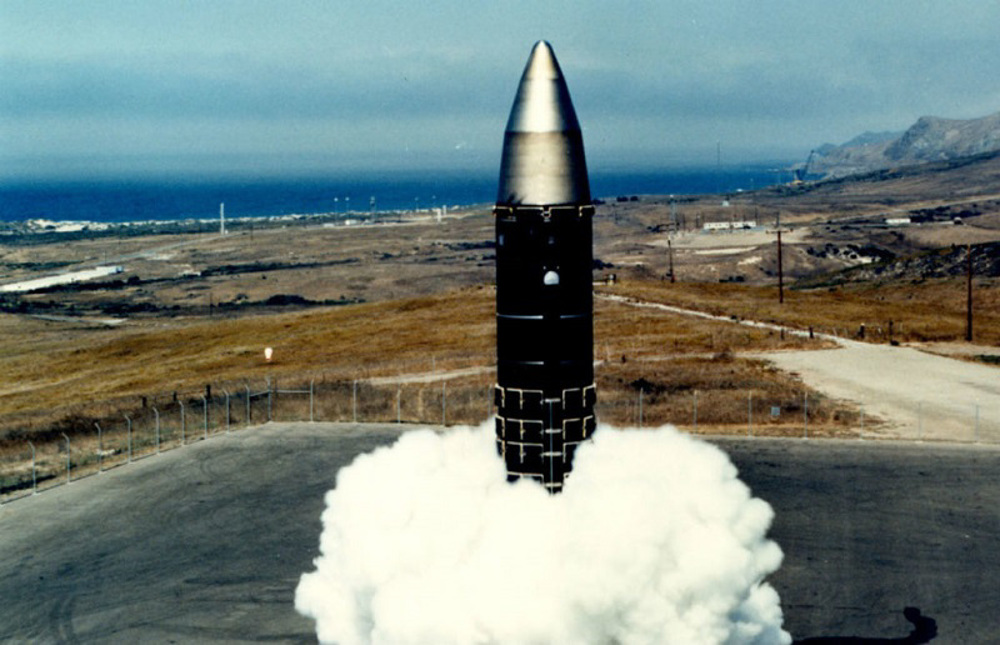US police use water cannon on Dakota pipeline protesters
Police in the US state of North Dakota have clashed with protesters, using extreme measures against hundreds of protesters who sought to stop the construction of the controversial Dakota Access Pipeline (DAP).
The face-off took place on Sunday evening, when about 400 protesters gathered near one of the project’s construction sites, trying to get past a bridge that had been blockaded since late October, according to the Morton County Sheriff's Office.
Calling the protest “an ongoing riot,” police officials said they used water cannons to disperse the group despite the low temperatures at the area.
Eyewitness videos showed police officers using tear gas as well. At least one protester was taken into custody, according to unofficial reports.
The protests were part of a nationwide movement by Native American tribes and scores of environmental activists, some of whom have been camping outside the pipeline’s construction sites since August.
Led by the Standing Rock Sioux, more than 100 Native American tribes have warned that the four-state pipeline would destroy their sacred sites and contaminate their drinking water.
The government has twice asked the pipeline operator to voluntarily pause construction near the disputed area while the authorities reconsider the project's route.

However, Energy Transfer, the company behind the $3.8 billion project, has firmly refused to stop or reroute it.
Kelcy Warren, the billionaire CEO of the Dallas-based company, said on Friday that he would even reimburse the state of North Dakota and Morton County for the expenses related to the protests.
A US federal judge ruled in September that the construction of the pipeline should continue, rejecting a request by the tribes to halt the work.
A fundraiser to support the long-running protests went far beyond initial expectations and crossed the $1 million milestone in late October, indicating a strong public support for the cause.
Last Tuesday, thousands of people rallied in New York City, Philadelphia, Houston and other cities, in what organizers said were the largest demonstrations to date against the project.
The 1,100-mile (1,770-km) pipeline would be the first to transport crude oil from Bakken shale, a vast oil formation in North Dakota, to refineries in the US Gulf Coast.
‘All wars have rules. All of those rules have been broken’ by Israel
VIDEO | Report flags India’s violation of rights of Rohingya detainees
Turkey's foreign minister meets Syria's de facto leader in Damascus
'Next to impossible' to rescue patients from Gaza's Kamal Adwan Hospital: Director
VIDEO | Vietnam current prosperity
Report blames gasoil exports for shortage at Iranian power plants
VIDEO | Hind Rajab Foundation names Israeli war criminals vacationing after Gaza genocide
VIDEO | Australians rally for Gaza ahead of Christmas festivities









 This makes it easy to access the Press TV website
This makes it easy to access the Press TV website